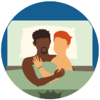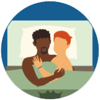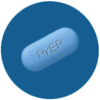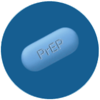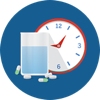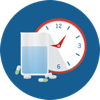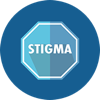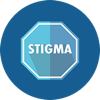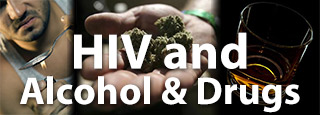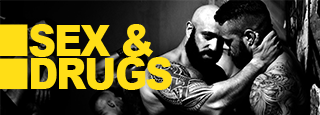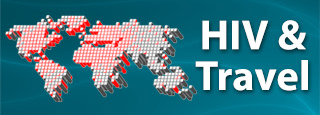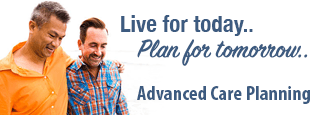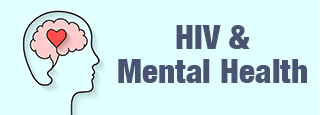HIV Basics
HIV stands for human immunodeficiency virus. It weakens a person’s immune system by destroying important cells that fight disease and infection. There is currently no effective cure for HIV. But with proper medical care, HIV can be controlled. This section will give you basic information about HIV, such as how it’s transmitted and how you can prevent it.
HIV Basics | About HIV | HIV Transmission | HIV Prevention | PrEP | PEP | HIV Stigma
HIV can be transmitted by:

Sexual Contact
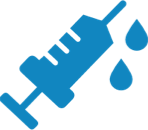
Sharing Needles to Inject Drugs

Mother to Baby
during pregnancy, birth or breastfeeding
HIV can not be transmitted by:

Air or Water

Saliva, Sweat, Tears or Closed-Mouth Kissing

Insects or Pets

Sharing Toilets, Food, or Drinks
Who can get HIV?
Anyone can get HIV, no matter...
your age
your sex
your race or ethnic origin
who you have sex with
Protect yourself from HIV

- Get tested at least once or more often if you are at risk
- Use condoms the right way when having anal or vaginal sex
- Choose activities with little to no risk like oral sex
- Limit your number of sexual partners
- Don't inject drugs, or if you do, don't share needles or works
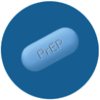
- If you are a high risk for HIV, check if pre-exposure prophylaxis (PrEP) is right for you
- If you think you've been exposed to HIV within the last 3 days, ask a health care professional about post-exposure prophylaxis (PEP) right away. PEP can prevent HIV, but it must be started within 72 hours
- Get tested and treated for STI's
Keep yourself healthy and protect others if you are living with HIV

- Engage in HIV care. It can keep you healthy and greatly reduce your chance of transmitting HIV
- Take your medicines the right way every day
- Stay in HIV care
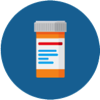
- Tell your sex or drug-using partners that you are living with HIV.
- Maintain an undetectable viral load, use condoms, or talk to your partners about PrEP
- Get tested and treated for other STI's
Information contained in this section is a reproduction for New Zealand of content published on the CDC (Centers for Disease Control and Prevention) Website
Join Body Positive
By becoming a member you will be able to access all the services we offer, as well as support and updates to help you live better.
Newsletter
Want to be keep up with whats happening at Body Positive?
Subscribe to our newsletter below by submitting your e-mail address.
Subscribe to our newsletter below by submitting your e-mail address.


